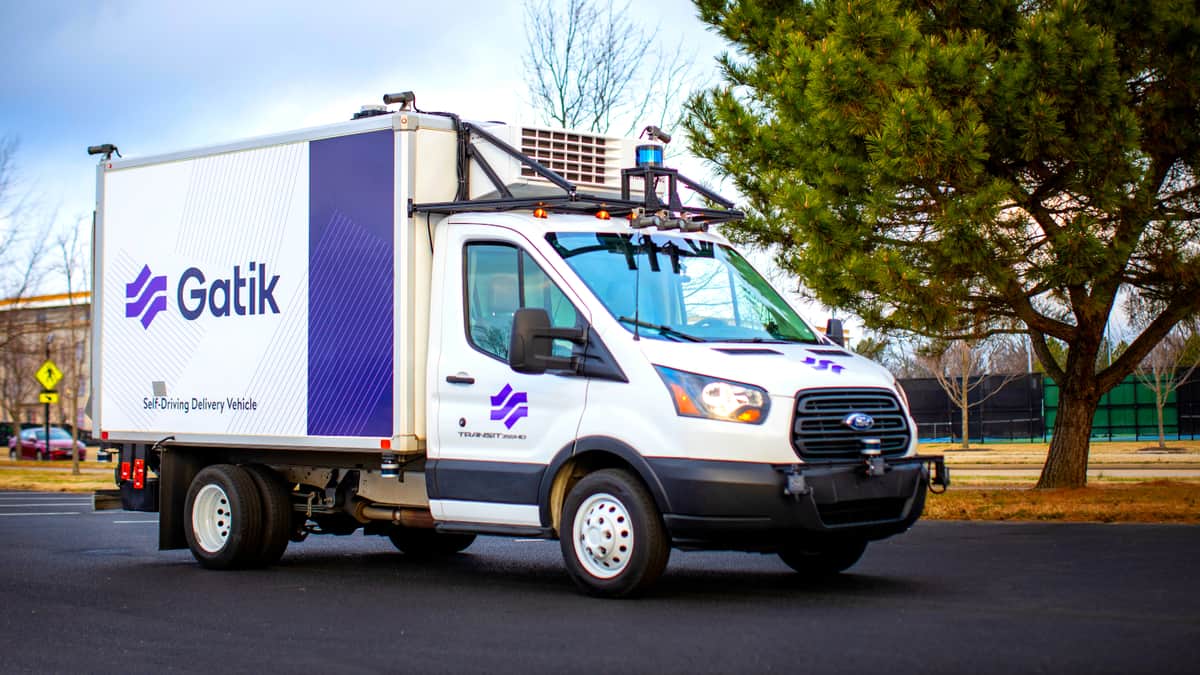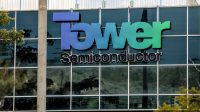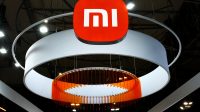The Evolution of Driverless Technology

The growing interest in driverless technology is reshaping the transportation landscape, with a specific focus on trucks and shuttles. Companies like Aurora and Gatik are spearheading this revolution, gaining momentum by emphasizing autonomous systems for vehicles operating on predetermined routes. This strategic approach enables them to navigate around challenges faced by robotaxis in bustling urban environments.
Gatik, a key player in this space, has successfully secured contracts with major industry players like Kroger and Tyson Foods. Going beyond, the company is aggressively expanding its operations by utilizing traditional midsized trucks equipped with cutting-edge autonomous technology. These vehicles deliver goods along meticulously planned routes, avoiding sensitive areas such as hospitals and schools. Gatik’s expansion strategy includes plans to deepen its presence in several states, marking a significant step forward in the adoption of autonomous solutions for goods transportation.
Aurora, with ambitious goals, aims to commence driverless freight hauling between Dallas and Houston by the end of the upcoming year. This commitment underscores the potential of autonomous technology to meet the demands of the freight and logistics industry. The trucking sector is emerging as a pioneer in the large-scale deployment of autonomous systems, showcasing the transformative impact of driverless technology.
In the realm of autonomous shuttles, May Mobility, based in Michigan, is making notable strides. The company focuses on low-speed vehicles operating on predefined routes, collaborating with local authorities to complement or replace human-driven transit systems within specific urban zones. This targeted approach enhances safety and streamlines the integration of autonomous shuttles into existing transportation frameworks.
Investment Confidence Amidst Setbacks

Despite recent setbacks in the autonomous vehicle sector, companies such as May Mobility and Aurora have secured significant investments, indicating continued belief in the potential of driverless technology. Notably, Stack AV, backed by founders of the defunct self-driving startup Argo AI, has attracted investments from industry-heavy SoftBank, showcasing ongoing interest and support in the sector.
The shift towards autonomous technology in the trucking and shuttle industries is evident, with a focus on low-speed, pre-defined route solutions deemed less risky and more valuable. However, challenges persist, especially for startups developing heavy driverless trucks. Some have faced financial struggles, resulting in job cuts and closures. Additionally, concerns from truckers and labor unions about the safety of these large autonomous vehicles have prompted legislative debates, exemplified by a bill in California.
In the wake of the recent Cruise incident and increased regulatory scrutiny, the driverless technology industry is experiencing a period of introspection and adjustment. While some companies, like Waymo, have postponed their autonomous trucking efforts indefinitely, others remain optimistic about the industry’s future. Gatik’s CEO, Gautam Narang, acknowledges the negative sentiment in the autonomous vehicle industry but anticipates that a few resilient companies will weather the challenges and emerge successfully in the coming year. As the industry continues to evolve, discussions around safety, regulation, and the practical deployment of autonomous technology are expected to shape its trajectory.
Read More (Innovation)








